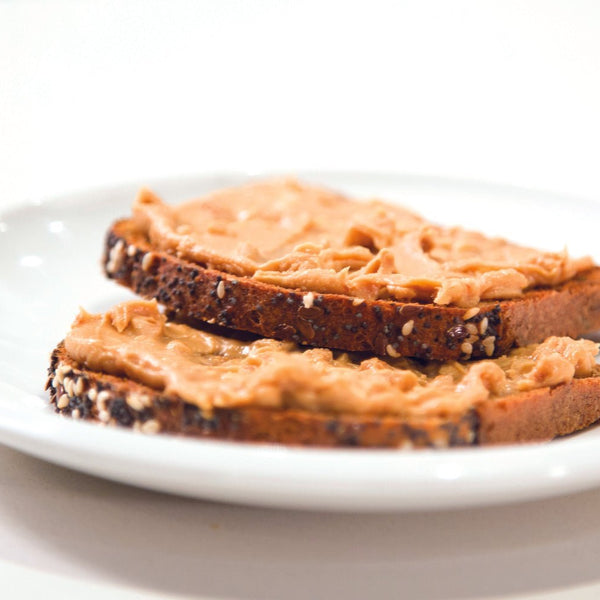I've been in the food industry for long enough to know that things aren't always as they seem. As the saying goes "never judge a book by its cover" the same applies for food and a recent shopping trip reinforced to me why it's so important
to read the back of the packet!
As I often do, I was slowly scanning down the supermarket aisle when I was doing my grocery shopping recently, looking for anything new and exciting to try. The dairy aisle has had a lot of innovation in recent times so I always make sure to check it out as it's usually a hive of activity.
This trip was like many others, I spotted the big bold word "PROTEIN+" on the packet and immediately thought "yep, this product is for me". As I turned around the tub, however, I very quickly became confused…

The nutrition looked suspiciously familiar.
As I read the nutrition panel I couldn't help but think "this doesn't seem that different to normal cottage cheese" so I picked up another tub and compared.
Lo and behold, I was right. This tub of
Brancourts PROTEIN+ Cottage Cheese had almost the exact same nutrition as the tub of the regular
Woolworths brand of Cottage Cheese which sold for less than half the price.
Now I'm a big fan of supporting the little guy, even if it means paying a slightly higher price. And there's every chance this tub of Brancourts is a lot more delicious and higher quality than the Woolworths one, however, that's really beside the point.
This article is not an attack at Brancourts (I'm sure the product is great), but a great example of the power of marketing and a brilliant reminder of why it's so important to check the back of the packet!
So how does it compare?
| Per 100g |
Woolworths |
Brancourts |
Relative Difference |
| Energy |
403 kJ |
430 kJ |
+ 7% |
| Protein |
12.2 g |
13.7 g |
+ 12 % |
| Fat (Total) |
2.9 g |
2.8 g |
- 3% |
| – Saturated |
2.1 g |
2.0 g |
- 5% |
| Carbs (Total) |
5.2 g |
5.5 g |
+ 6% |
| – Sugars |
4.9 g |
5.5 g |
+ 12% |
The figures used are taken from the packaging as shown below and are accurate at the time of purchase (10/10/2018).
As you can see, there is very little difference in the amount of protein per 100g between these two. Just an extra 1.5g per 100g which works out at a relative difference of just 12%.

Why it's so important to read the back of the packet
Retail is a tough space and no more so than in the supermarket. Suppliers fight tooth and nail to claim shelf space and to keep it. What this results in is an insane amount of pressure to find a differentiating factor or just something to grab your attention and get you to buy their product over a competitor's.
The result it this exact situation. If you were on autopilot like so many of us are these days you could easily just grab this tub and think you're making the healthiest decision for you and your family, but this may or may not be the truth.
So take the time when you're shopping for a new product (or even for something you buy regularly) and read the back of the packet, compare the ingredients and the nutrition panel (making sure to use the per 100g column as serves can vary) and be confident that you're the one that's making the purchasing decision, not the brand and definitely not the supermarket!
Have you seen a great example of why you should read the back of the packet?
Comment below and let me know. I'm always keen to hear from you guys and sharing your tips and tricks can really help everyone to make better choices!
Cheers,
Luke






